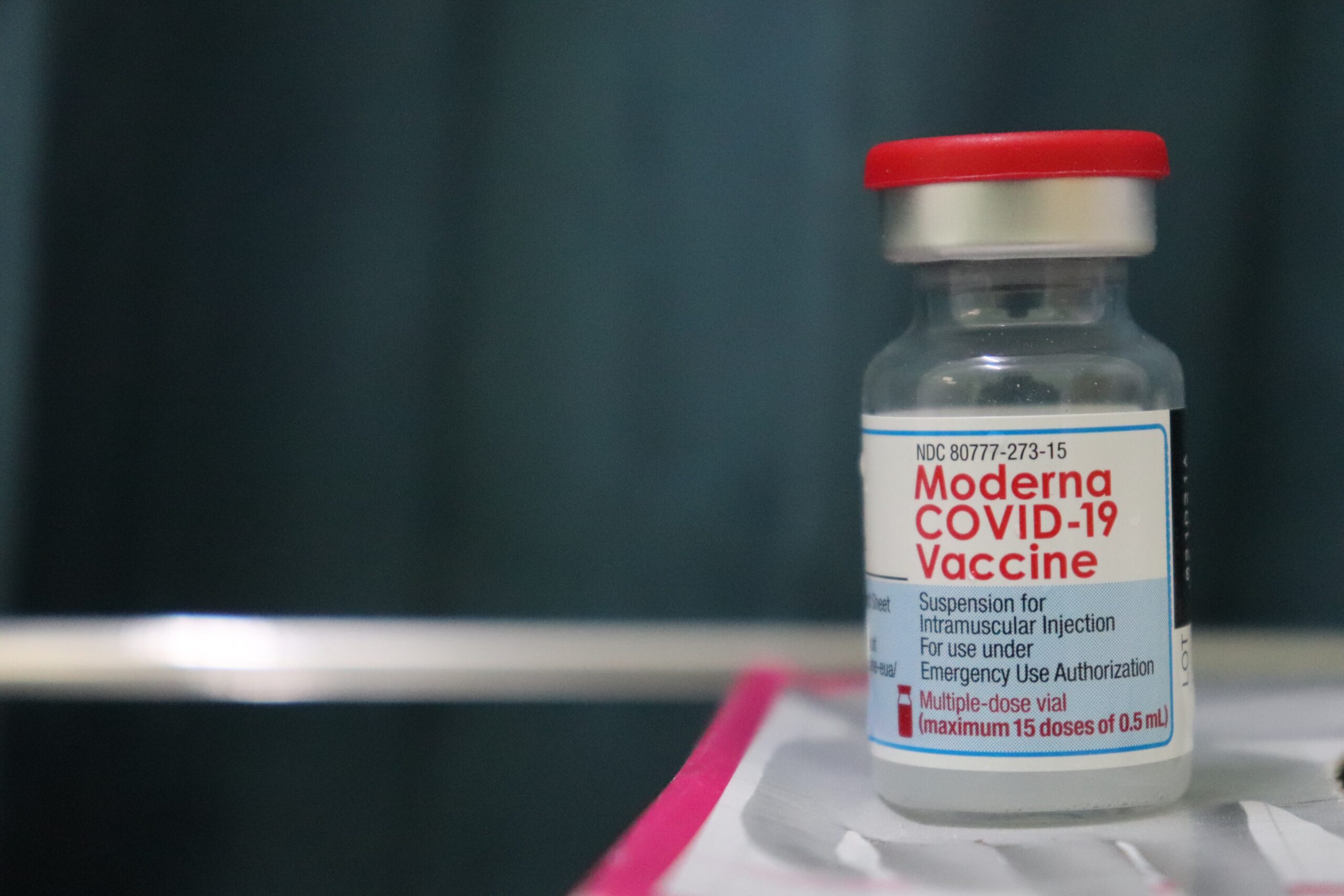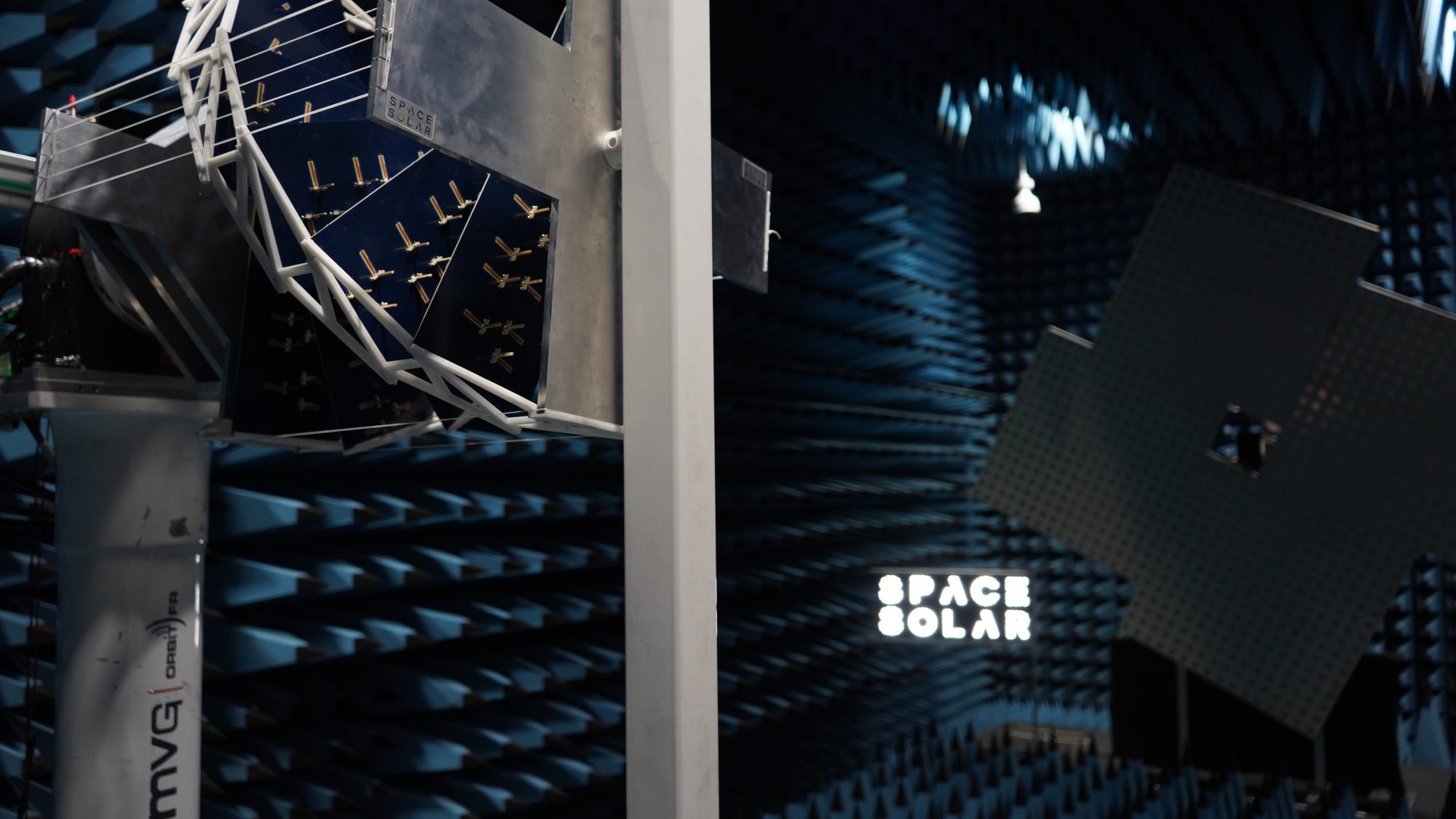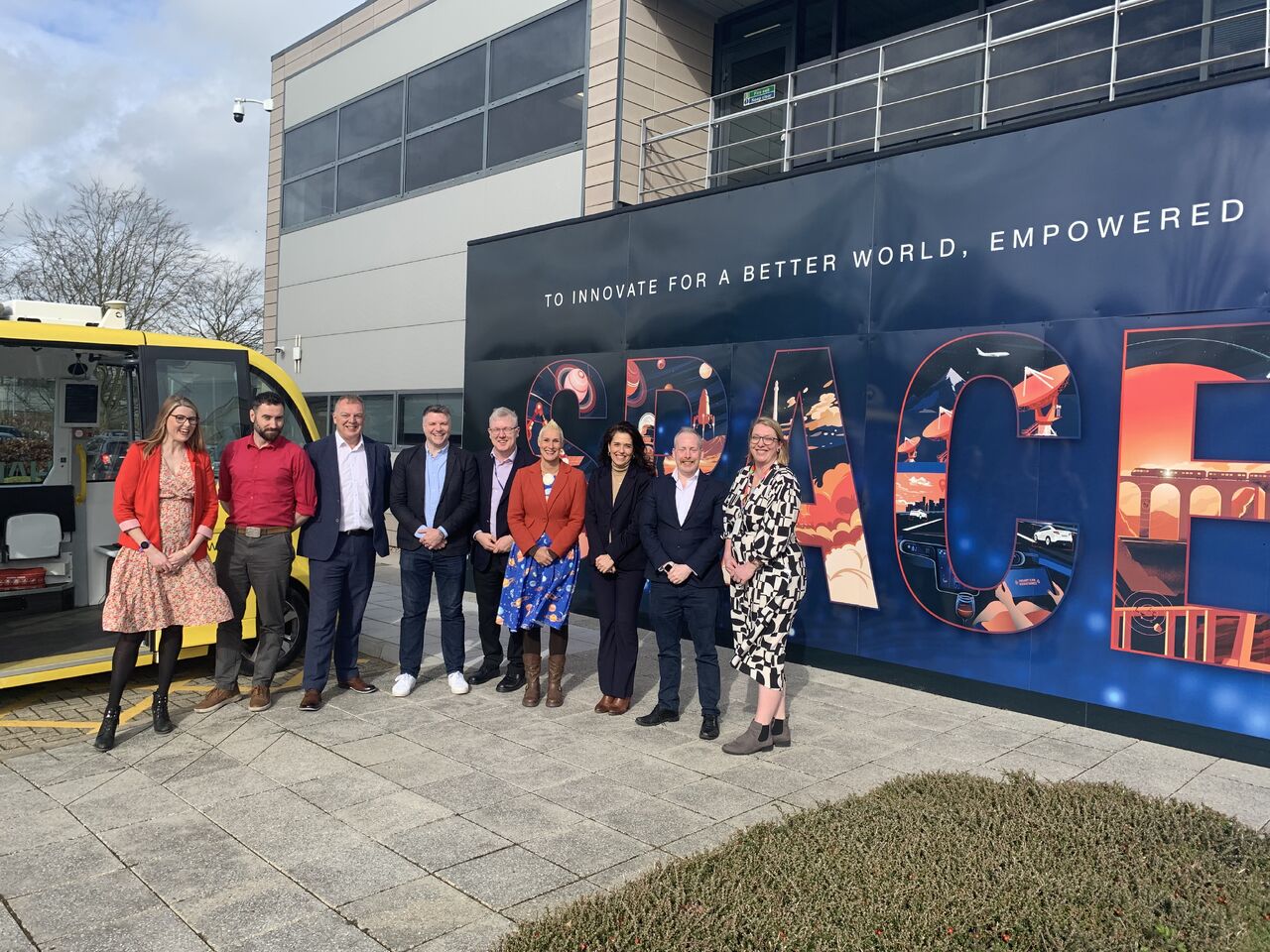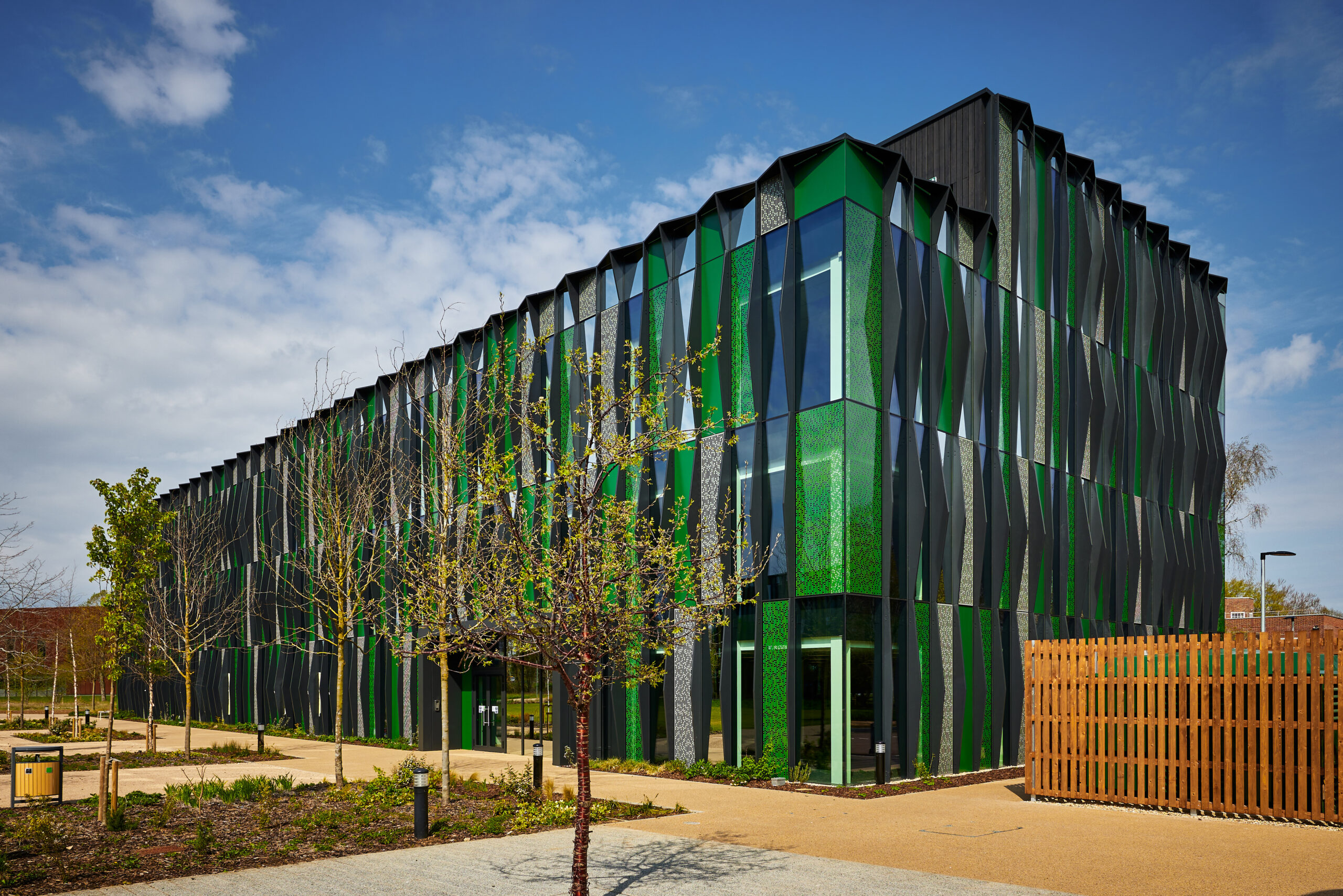
What does moving to Harwell mean for Moderna
Introduction
With the exciting news that Moderna are going to be the latest addition to the campus community, we sat down with Darius Hughes, General Manager of Moderna UK, to find out more about their plans…
Could you tell us a little about your role as General Manager at Moderna UK?
My role is to run the UK business. I was bought onboard about 20 months ago as the first commercial employee in the UK. My to-do list included the COVID-19 vaccine roll out, building a team, making Moderna operational in the UK, finding an office and delivering the biggest possible benefit to NHS patients.
Why did you decide to join Moderna what excited you about the role?
I joined from Pfizer where I had launched their COVID-19 vaccine product and just really enjoyed the intensity of doing such purposeful work. The opportunity to do it all again was hugely appealing. Then there was the chance to help build an organisation that could make a huge difference. And I think the third thing was the potential of the messenger RNA (mRNA) platform that Moderna has been working on these last 12 years. When I looked more and more at the potential of that platform, across all different diseases, that blew me away.
And how would you describe the potential of mRNA science and technology to a non-scientist?
The big thing to understand about messenger RNA is that it is a substance found in our bodies naturally. Messenger RNA is the instructions sent out by our DNA in order to produce proteins in our bodies for example our hair, our nails, our muscles and our skin.
mRNA vaccines harness that natural production process– we inject a message into our bodies and then we allow our body to translate that message into a protein and then that protein can go and do what it needs to do. In the case of the COVID vaccine that protein is the spike protein and your body’s immune systems identifies it as an invading body, attacks it and produces antibodies against it. It’s then those antibodies that stay around and protect us the next time the real virus is in the body.
The mRNA platform provides possibilities such as producing proteins which are otherwise missing, defective or non-functional that are features of some diseases that we hope to address with this technology.
Could you tell us about the research and manufacturing facilities you’re going to build at Harwell?
We are creating three units. The first is a drug substance manufacturing unit. It is a highly technical, computer run lab. Capable of making high volumes of drug substance for vaccines.
The second is a research and development centre looking at early-stage research and development and helping provide support to clinic field trials.
The third part of the construction will be a biomarker lab. This is being made by a company called Merit in Northumberland and will be shipped to Harwell. That lab will be able to take samples from all our clinical trials across Europe and store up to 4 million samples. Those samples can then be used in subsequent testing of our vaccines and our medicines and can be shared with external organisations as well for them to use in testing.
When do you hope they will be operational?
The clinical research teams will be up and running within six months. The biomarker lab somewhere between a year and 18 months and then, once the manufacturing plant has received a full approval from the MHRA, it will be about two years before it is operational.
What were the key factors that led the Moderna team to choose Harwell?
We were looking for enough of the right type of space because our approach is to use a modular process and build in the same way we do at our other manufacturing sites. Harwell’s placed in such a strong science ecosystem, with the campus health tech cluster, on-site facilities like the Rosalind Franklin Institute, and of course Oxford University. The critical mass here will give us access to the talent, expertise and partnering we’ll need. And then the other key factor is proximity to Heathrow because the biomarker lab itself will be used across the whole of Europe so the ease of transportation of those samples into Harwell and the good connectivity across the UK being able to get up and down the motorways quickly.
What sort of roles will you need? We will be recruiting for a lot of highly skilled jobs – scientists, IT specialists, engineers, project managers and a lot more as the build develops.
And finally, the campus has lots of clubs and societies – from crochet to cricket to running to yoga. Which are you the most likely to join?
I would definitely be interested in the curry club! And do I enjoy a run as well so maybe the running club too.
Thank you Darius, we can’t wait to welcome you and the Moderna team to the health tech cluster and the Harwellian community.


